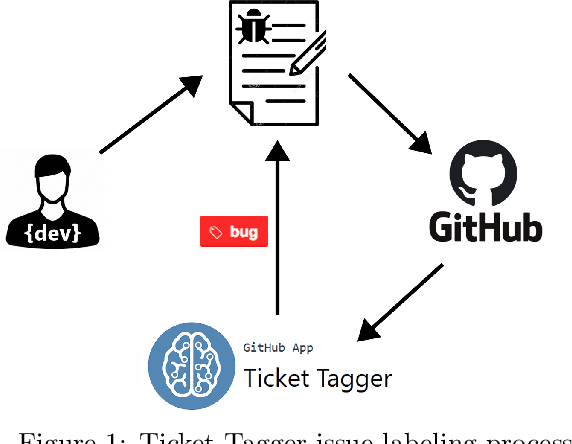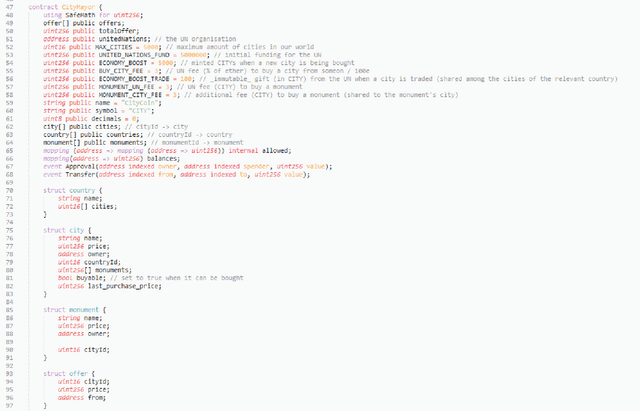Gerardo Canfora
Predicting Issue Types on GitHub
Jul 21, 2021



Abstract:Software maintenance and evolution involves critical activities for the success of software projects. To support such activities and keep code up-to-date and error-free, software communities make use of issue trackers, i.e., tools for signaling, handling, and addressing the issues occurring in software systems. However, in popular projects, tens or hundreds of issue reports are daily submitted. In this context, identifying the type of each submitted report (e.g., bug report, feature request, etc.) would facilitate the management and the prioritization of the issues to address. To support issue handling activities, in this paper, we propose Ticket Tagger, a GitHub app analyzing the issue title and description through machine learning techniques to automatically recognize the types of reports submitted on GitHub and assign labels to each issue accordingly. We empirically evaluated the tool's prediction performance on about 30,000 GitHub issues. Our results show that the Ticket Tagger can identify the correct labels to assign to GitHub issues with reasonably high effectiveness. Considering these results and the fact that the tool is designed to be easily integrated in the GitHub issue management process, Ticket Tagger consists in a useful solution for developers.
GasMet: Profiling Gas Leaks in the Deployment of Solidity Smart Contracts
Aug 12, 2020



Abstract:Nowadays, blockchain technologies are increasingly adopted for different purposes and in different application domains. Accordingly, more and more applications are developed for running on a distributed ledger technology (i.e., \textit{dApps}). The business logic of a dApp (or part of it) is usually implemented within one (or more) smart contract(s) developed through Solidity, an object-oriented programming language for writing smart contracts on different blockchain platforms, including the popular Ethereum. In Ethereum, once compiled, the smart contracts run on the machines of miners who can earn Ethers (a cryptographic currency like Bitcoin) by contributing their computing resources and the \textit{gas} (in Ether) corresponds to the execution fee compensating such computing resources. However, the deployment and execution costs of a smart contract strictly depend on the choices done by developers while implementing it. Unappropriated design choices -- e.g., in the data structures and the specific instructions used -- could lead to higher gas consumption than necessary. In this paper, we systematically identify a set of 20 Solidity code smells that could affect the deployment and transaction costs of a smart contract, i.e., \textit{cost smells}. On top of these smells, we propose GasMet, a suite of metrics for statically evaluating the code quality of a smart contract, from the gas consumption perspective. In an experiment involving 2,186 real-world smart contracts, we demonstrate that the proposed metrics (i) have direct associations with deployment costs, and (ii) they could be used to properly identify the level of gas consumption of a smart contract without the need for deploying it.
 Add to Chrome
Add to Chrome Add to Firefox
Add to Firefox Add to Edge
Add to Edge